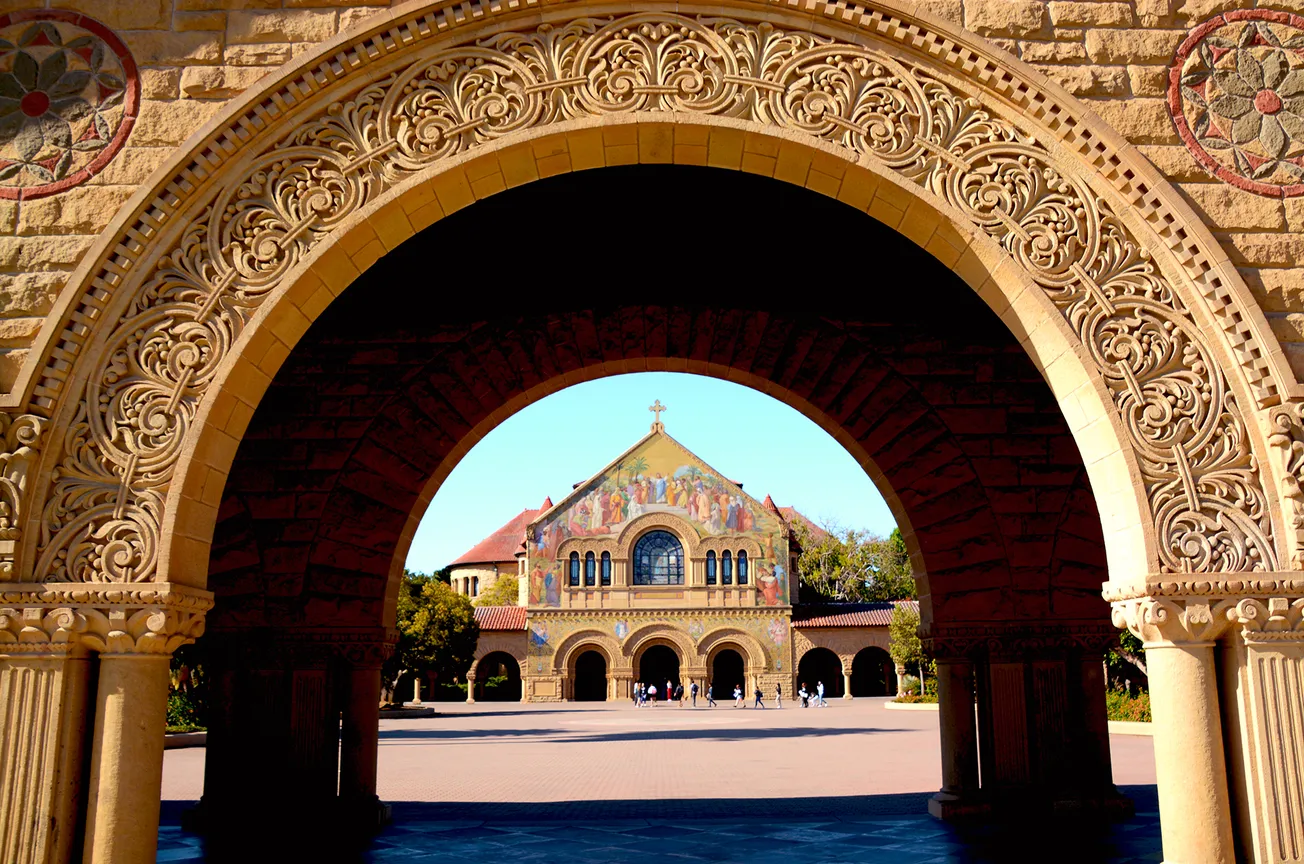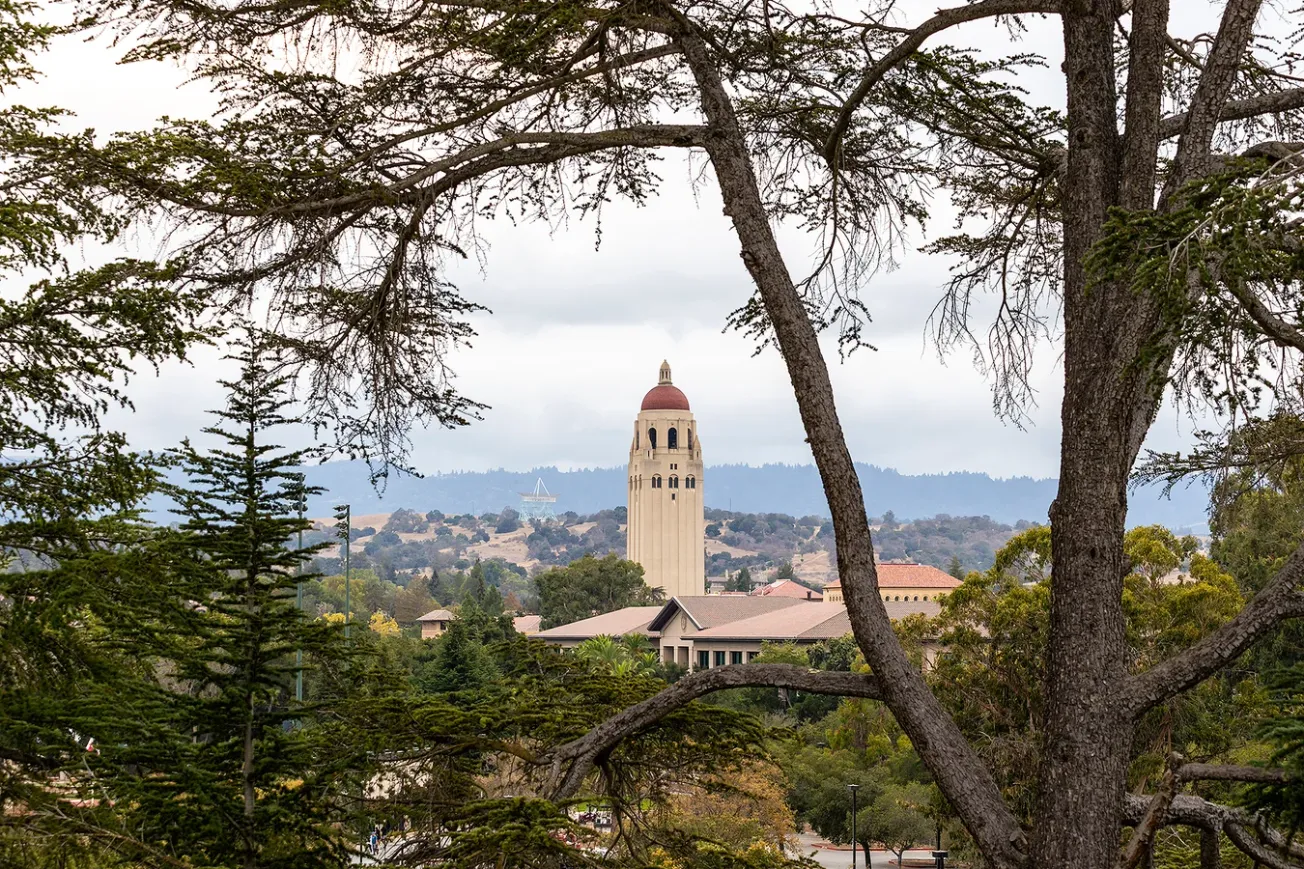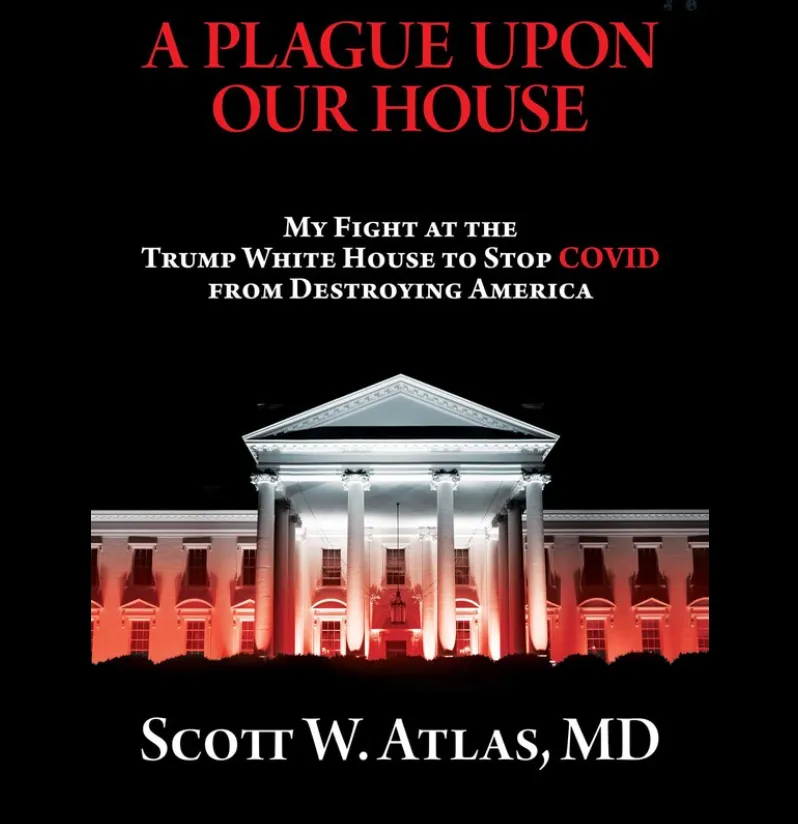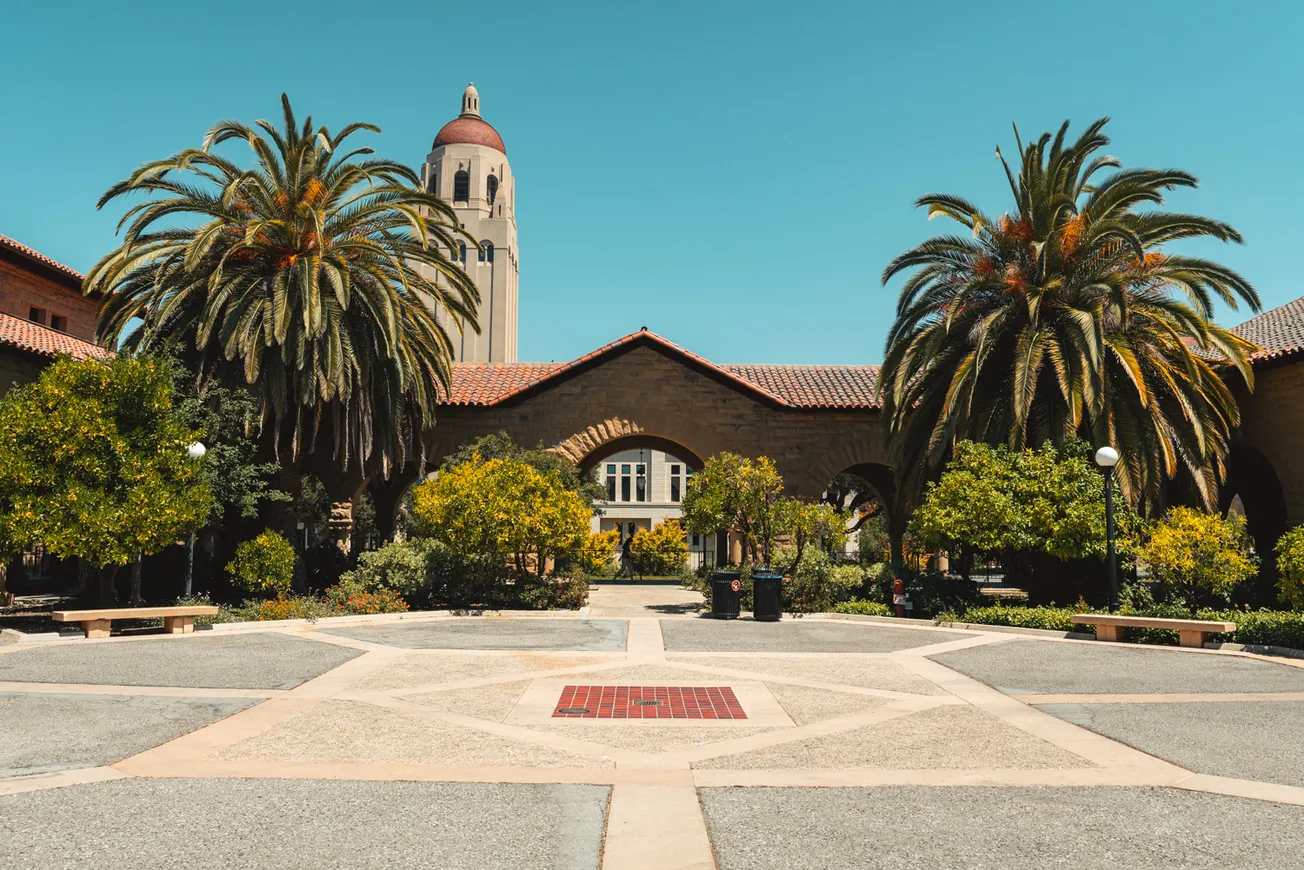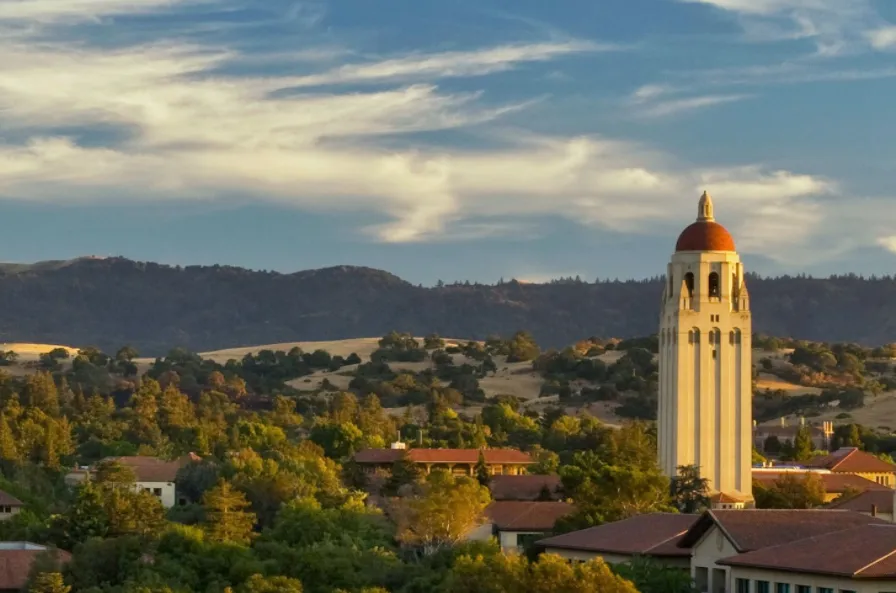Table of Contents
The flexible nature of a liberal arts education is both a blessing and a curse; for the most part, Stanford students can pursue their interests in peace, avoiding the politicized classrooms that have become so ubiquitous on college campuses. The downside, however, is that it can be hard to navigate course selection without some guidance.
Although Stanford’s dominance in STEM fields is universally acknowledged, it can be harder to find stellar humanities and social sciences classes, which don't have the same structured curriculums and are more likely to suffer from severe grade inflation. This is not even to mention the difficulty of finding classes which represent opposing viewpoints and teach critical thought rather than academic orthodoxy.
In response to these concerns, The Review has consulted a number of upperclassmen for their class recommendations to freshmen. Here you’ll find a list of classes that are rigorous and enrichening, politically neutral or politically refreshing.
Humanities Courses:
- HISTORY 153: Creation of the Constitution, Michael McConnell, Spring 2020
- Though this is technically a law school class, McConell, a former 10th Circuit judge, allows undergraduates to enroll. Ben Esposito (‘21) writes that McConnell delivers “insightful, thought-provoking lectures that explore how the Constitution was crafted, from its intellectual origins in William Blackstone and the Mayflower Compact to the debates within the Constitutional Convention.” Carolyn Manion (‘19), who took the course as a freshman, adds that you must be “up for a challenge.”
- CLASSICS 181: Classical Seminar: Origins of Political Thought (CLASSICS 381, ETHICSOC 130A, PHIL 176A, PHIL 276A, POLISCI 230A, POLISCI 330A), Josiah Ober, Winter
- An absolute must-take, highly recommended by Antigone Xenopoulos ('20), Ben Simon, and myself. Although the class is difficult, it provides an unparalleled grounding in political philosophy.
- CLASSICS 83: The Greeks (HISTORY 101), Ian Morris, Winter
- Whereas the above class is a must-take for serious Classicists or political scientists, this is a fun, frosh-friendly introduction to the Greek foundations of the Western tradition. Ian Morris is one of Stanford's most engagingly hilarious lecturers, and gives a superb introduction to ancient history. Interested students might also check out my personal favourite of his, CLASSICS 81: Ancient Empires: Near East (Fall).
- HISTORY 275E: History of Conservatism, Jennifer Burns, Spring
- As Yasmin Samrai (‘21) observes, “when else would we get the opportunity to learn about the intellectual foundations of the GOP?” Students from both sides of the aisle should take advantage of this rare opportunity to understand a movement which has been a driving force in American politics. Burns is a Hoover fellow, wrote her first book on Ayn Rand and is writing her next on Milton Friedman. It’s also worth checking out her other class, AFRICAAM 150C: The United States in the Twentieth Century (Spring), which satisfies the Engaging Diversity requirement.
- HISTORY 103F: The Changing Face of War: Introduction to Military History (HISTORY 3F, INTNLREL 103F), Gili Vardi, Fall
- Vardi is a Hoover fellow, and an engaging, competent, and caring instructor. The class's only requirement is two papers on topics of your choosing. Thus, you can easily focus on your personal interests within military history. Both myself and recent graduate Kyle Kinnie (‘19) had wonderful experiences.
- PHIL 171P: 20th Century Political Theory: Liberalism and its Critics (ETHICSOC 130, POLISCI 130), Brian Coyne, Winter
- Junior Yasmin Samrai notes that “there is a shortage of political philosophy classes at Stanford, as the Political Science department has shifted its focus to data science. Thankfully, Brian Coyne has stepped to the fore with a great introduction to 20th century debates about justice, democracy, and equality.” Coyne has an excellent reputation, both within the Philosophy department and among students.
- PHIL 108: Aristotle's Metaphysics Book Alpha, Alan Code, Spring
- Sarah Thomas ('19) describes the class as an essential: "Metaphysics is the science of Being and its reasons. All human inquiry begins with the mystery of Being; a university education is therefore incomplete without some study of metaphysics."
Social Sciences Courses:
- POLISCI 114S: International Security in a Changing World (INTLPOL 241), Scott Sagan, Winter
- Antigone Xenopoulos ('20) and Kyle Kinnie report that the class, which concludes with a two-day simulation of an international negotiation, was not only fascinating but very politically balanced. Kinnie recommends pairing the class with MS&E 193: Technology and National Security: Past, Present, and Future.
- ECON 1: Principles of Economics, John Taylor, Fall, Winter, Spring, and Summer
- Another must-take, taught by the storied John Taylor. Junior Yasmin Samrai observes: “A great class for freshmen, especially for opening their minds to how liberal solutions to social problems might have good intentions but can have disastrous consequences. You learn in the first three weeks, for example, why increasing the minimum wage puts lower-skilled workers out of jobs.”
- ECON 102A: Introduction to Statistical Methods (Postcalculus) for Social Scientists, Scott McKeon, Fall and Winter
- Ben Simon notes that “while most of the Econ core is poorly-taught and poorly-planned, Scott McKeon’s classes stand out. [The] class manages to bring out the wonderfully counter-intuitive and beautiful nature of statistics while also providing a clear, very practical introduction to the subject in a way that only a master like Scott can." Sarah Thomas adds, “Econ 102A is far and away considered the best introduction to probability and statistics at Stanford, and Scott is one of the best teachers at Stanford.”
- LINGUIST 130A: Introduction to Semantics and Pragmatics, Chris Potts, Winter
- Those interested in linguistics, computer science, philosophy or a legal career will find this class extremely useful. The course seeks to distill the meaning of words and phrases using math logic, along with other fun topics, such as a class dedicated entirely to swearing. However, the class is quite math-heavy, and those interested in linguistics from a less computational perspective might enjoy LINGUIST 110: Introduction to Phonology (Winter), or LINGUIST 167: Languages of the World (Spring).
- Lastly, the Review has compiled a comprehensive list of classes taught by Hoover fellows, which are mostly in Political Science, International Relations, and Economics. Stanford is blessed to have access to scholars from this top-tier research institution, and we encourage you to peruse their offerings.
A few fun ones:
- ENGLISH 184E: Literary Text Mining, Ryan Heuser, Spring
- Stanford’s focus on the “digital humanities” is rather unique, and worth checking out. Sarah Thomas describes this class "a solid introduction to text mining in R and to the philosophy underlying computational criticism.” However, she notes that the class is easier for those with prior exposure to CS and literary theory.
- MUSIC 32N: Sculpting with Sounds, Images, and Words, Jaroslaw Kapuscinski, Fall
- According to Sarah Thomas: "This class meets in CCRMA (Center for Computer Research in Music and Acoustics), which is one of the most fascinating places at Stanford.”
- Chinese Language:
- “We’re supposedly heading into a great power competition with China. It’s important that Stanford trains the next generation of diplomats and foreign policy experts to understand our complex competitor, if we want American values to triumph over authoritarian ones.” Some wise advice from Junior Yasmin Samrai.
PWR, THINK, and IntroSems
Here’s the deal with PWR: nobody wants to take it. But unfortunately, Stanford’s most poorly run program (rather like many of the most poorly-run countries) is almost impossible to escape. The best course of action is to just deal with PWRI and use an IntroSem to get out of PWRII at your soonest convenience. In general, it’s preferable to use IntroSems to get out of requirements rather than learn more about something you already know a lot about, since they are aimed at beginners in the field.
THINK, on the other hand, has many good course options, and it is relatively easy to switch quarters. In particular, The Review recommends:
- THINK 43: What is Love? (Fall), in which you can satisfy Engaging Diversity by reading Plato and Ovid with the highly-recommended Robert Harrison.
- THINK 54: 100,000 Years of War (Winter), taught by Prof. Ian Morris, one of the most hilariously engaging lecturers at Stanford.
- THINK 47: Inventing Government (Spring), taught by accomplished political scientist and classicist Josiah Ober, who does an excellent job of introducing the key works of political science.
Thank you to the following students for contributing class recommendations. Although we lacked the space to incorporate all of them, every little bit helped!
Ben Esposito (Political Science, ‘21), Kyle Kinnie (International Relations, ‘19), Carolyn Manion (Classics, ‘19), Yasmin Samrai (History, ‘21), Katherine Silk (Economics, ‘21), Ben Simon (Philosophy/Religious Studies and Computer Science, recent transfer), Sarah Thomas (Philosophy / Religious Studies, ‘19), Sam Wolfe (Comparative Literature and Political Science, ‘20), Antigone Xenopoulos (Symbolic Systems, ‘20)
Please feel free to reach out to me (Annika Nordquist, Classics and Linguistics, 2021) at akn2021@stanford.edu for any additional questions or recommendations!

